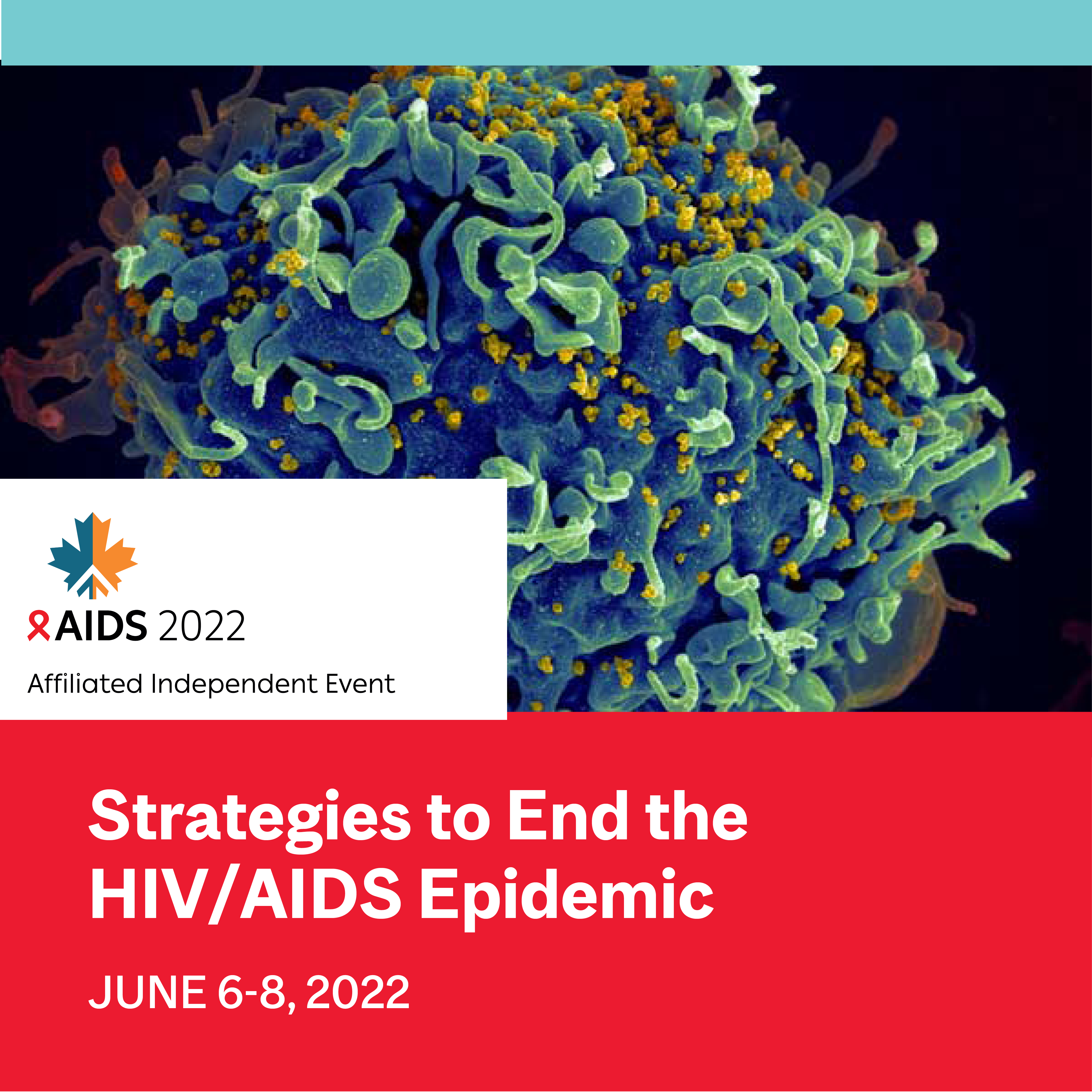
View courses by theme or by week
 Strategies to End the HIV/AIDS Epidemics
Strategies to End the HIV/AIDS EpidemicsThis course will not be offered in 2024.
We are delighted to announce that IAS – the International AIDS Society – has accepted our event as an AIDS 2022 Affiliated Independent Event. AIDS 2022, the 24th International AIDS Conference, will take place in Montreal, Canada, and virtually from 29 July to 2 August 2022.
This course will introduce the up-to-date key concepts and methodologies that are currently being implemented in the efforts to halt and end the HIV epidemic. Students will learn about the HIV care cascade that forms the basis of the United Nations Programme on HIV/AIDS (UNAIDS) 90-90-90 targets to end AIDS as a public health threat by 2030. Topics will revolve around understanding and responding to HIV epidemics using biobehavioural surveillance, HIV phylogenetics, targeted population research, HIV eradication, and HIV testing, treatment, and prevention interventions.
Chen Liang, PhD
Professor, Department of Medicine, McGill University
Director, McGill Centre for Viral Diseases
Marina Klein, MDCM, MSc
Professor, Department of Medicine, McGill University
The course’s main theme centres on how we can stop the HIV epidemic through the application of effective interventions, including the use of antiretroviral medications for prevention and treatment. Lectures will elucidate how the UNAIDS “90-90-90” targets can be best supported to achieve an end to the epidemic. Specifically, lectures will explore the tools, methods and resources that have been developed and implemented to respond to the HIV epidemic. Topics that will be discussed include the use of comprehensive HIV surveillance systems, including biobehavioural surveys, to monitor and understand the HIV epidemic, as well as HIV phylogenetics, mathematic modeling of HIV transmission, HIV cure and targeted population research. In addition, the key role of HIV testing technologies and HIV treatment and prevention strategies will be examined in depth.
This course is suitable for graduate students (MSc and PhD), postdoctoral fellows, medical school students, clinician researchers, healthcare professionals (nurses, physicians) who are interested in learning the current efforts and strategies to control and end HIV epidemic.
Unlimited